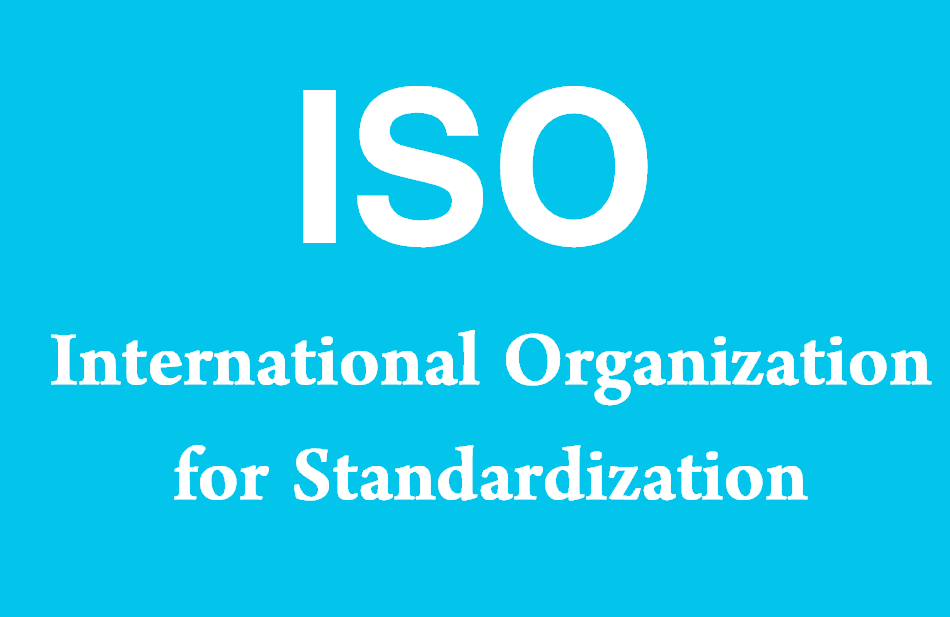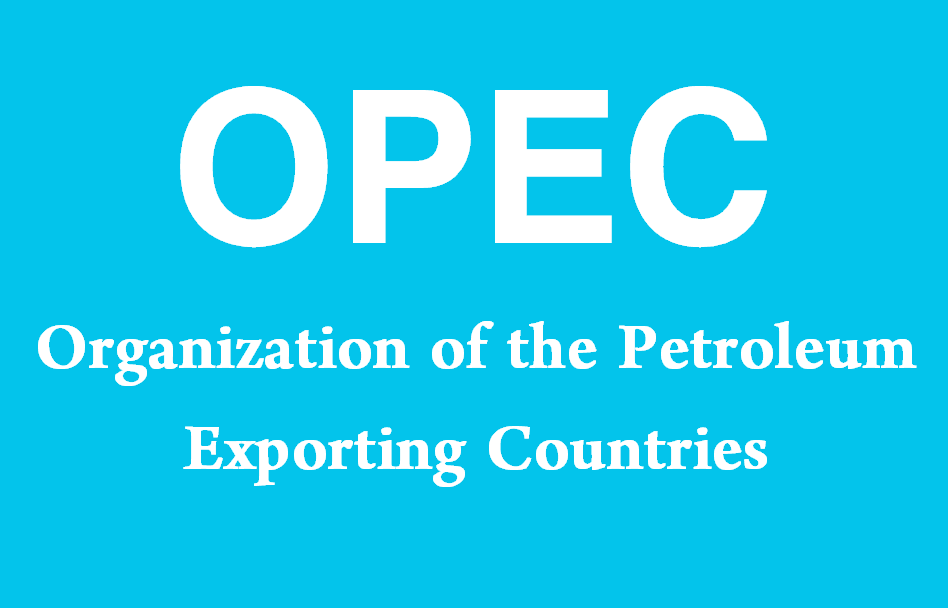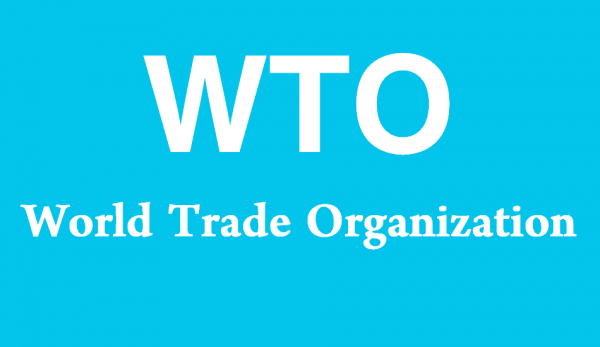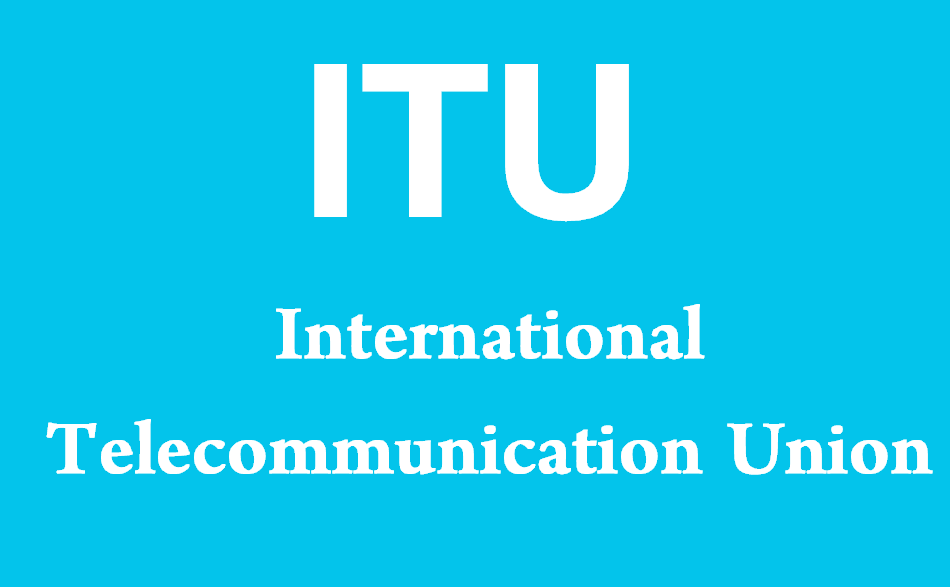What does IMO stand for?
IMO stands for “International Maritime Organization.” The International Maritime Organization (IMO) is a specialized agency of the United Nations responsible for regulating international shipping and maritime affairs. Established in 1948, the IMO sets global standards for safety, security, environmental protection, and efficiency in the shipping industry to promote safe, secure, and environmentally sustainable maritime transportation. Through the development of international conventions, regulations, and guidelines, as well as technical cooperation and capacity-building programs, the IMO plays a crucial role in enhancing the safety of navigation, preventing marine pollution, facilitating trade, and fostering maritime cooperation among its member states and stakeholders. The IMO’s efforts contribute to the sustainable development of the maritime sector and the protection of the marine environment for present and future generations.
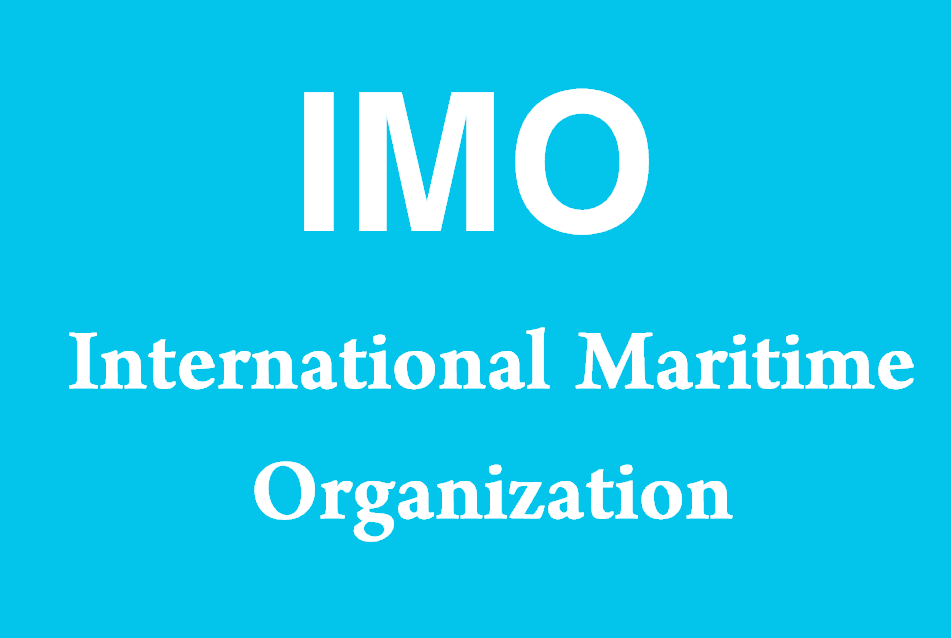
Comprehensive Explanation of International Maritime Organization
The International Maritime Organization (IMO) is a specialized agency of the United Nations responsible for regulating and coordinating international shipping activities to ensure safety, security, environmental protection, and efficiency in maritime transportation. Founded in 1948 as the Inter-Governmental Maritime Consultative Organization (IMCO), the organization was reconstituted as the IMO in 1982 to reflect its expanded mandate and global significance in maritime affairs.
Origins and Mandate
The IMO was established in response to the need for international cooperation and coordination in the regulation of shipping activities following World War II. Its primary objectives, as outlined in the IMO Convention, are to:
- Promote Safety at Sea: The IMO aims to enhance the safety of navigation, prevent accidents, and reduce maritime casualties through the development of international standards, regulations, and guidelines for ship design, construction, equipment, operation, and crew training.
- Prevent Marine Pollution: The IMO seeks to prevent and control marine pollution from ships, including oil spills, hazardous substances, sewage discharges, and air emissions, by establishing rules and measures to minimize environmental risks and promote sustainable shipping practices.
- Facilitate Maritime Security: The IMO works to enhance maritime security, combat piracy, armed robbery, and terrorism at sea, and strengthen the resilience of maritime infrastructure and supply chains against security threats and criminal activities.
- Promote Maritime Efficiency: The IMO strives to improve the efficiency, reliability, and competitiveness of maritime transportation by developing standards and best practices for port operations, cargo handling, vessel traffic management, and maritime logistics.
Governance Structure
The governance structure of the IMO consists of:
- Assembly: Comprising all member states, the IMO Assembly meets biennially to set the organization’s strategic direction, adopt conventions and amendments, approve the budget, elect the Council and Secretary-General, and review the work of subsidiary bodies.
- Council: The IMO Council, elected by the Assembly, acts as the executive body of the organization, overseeing its work between sessions of the Assembly, approving the budget, coordinating technical cooperation activities, and ensuring the implementation of IMO conventions and resolutions.
- Secretariat: Headed by the Secretary-General, the IMO Secretariat serves as the administrative arm of the organization, supporting the Assembly, Council, and committees in their deliberations, implementing decisions, and providing technical assistance to member states.
Core Functions and Activities
The IMO fulfills its mandate through a range of core functions and activities:
- Regulatory Framework: The IMO develops and adopts international conventions, codes, and regulations governing various aspects of shipping, including safety of life at sea (SOLAS), prevention of pollution from ships (MARPOL), standards of training, certification, and watchkeeping for seafarers (STCW), and maritime security (ISPS Code), among others.
- Technical Cooperation: The IMO provides technical assistance, capacity-building, and training programs to member states, particularly developing countries, to help them implement IMO standards, strengthen maritime infrastructure, enhance institutional capacity, and comply with international obligations.
- Flag State Implementation: The IMO promotes the effective implementation of international regulations by member states acting as flag states, ensuring that ships flying their flags adhere to safety, security, and environmental standards through inspections, surveys, audits, and enforcement measures.
- Port State Control: The IMO facilitates port state control inspections and enforcement activities by member states to verify compliance with international regulations by foreign-flagged vessels visiting their ports, promoting uniformity in inspection procedures and information exchange among port authorities.
- Safety and Security: The IMO works to enhance safety and security at sea by developing guidelines, standards, and best practices for ship design, construction, equipment, navigation, and crew training, as well as by promoting measures to prevent accidents, collisions, and maritime incidents.
- Environmental Protection: The IMO addresses environmental challenges in shipping by adopting measures to reduce air emissions, greenhouse gases, ballast water discharges, and marine litter, as well as by promoting energy efficiency, eco-friendly technologies, and sustainable shipping practices.
- Legal and Policy Development: The IMO conducts legal research, policy analysis, and regulatory impact assessments to identify emerging maritime issues, develop new regulations, and amend existing conventions to address evolving challenges and technological advancements in shipping.
Role in Maritime Safety and Security
The IMO plays a central role in enhancing maritime safety and security by:
- Setting Standards: The IMO develops and updates international conventions, codes, and guidelines to establish uniform standards and requirements for ship design, construction, equipment, operation, and crew competence, ensuring a consistent level of safety and security in global shipping.
- Promoting Compliance: The IMO monitors member states’ compliance with international regulations through flag state control, port state control, and mandatory reporting systems, encouraging adherence to safety, security, and environmental standards by shipowners, operators, and seafarers.
- Capacity Building: The IMO provides technical assistance, training, and capacity-building support to member states to strengthen their maritime administrations, port facilities, maritime law enforcement capabilities, and search and rescue services, enabling them to fulfill their safety and security obligations effectively.
- Information Sharing: The IMO facilitates the exchange of information, best practices, and lessons learned among member states, international organizations, industry stakeholders, and the public on maritime safety, security, and emergency response, fostering collaboration and cooperation in addressing common challenges.
- Crisis Response: The IMO coordinates international response efforts during maritime emergencies, accidents, oil spills, and natural disasters, mobilizing resources, expertise, and assistance to support affected countries in mitigating risks, containing environmental damage, and restoring maritime safety and security.
Notes to Importers
Importers engaging in international trade should consider the following points regarding the International Maritime Organization (IMO) and its implications for import-related activities:
1. Compliance with International Regulations
Importers should ensure that the goods they import comply with relevant international maritime regulations and conventions established by the IMO. This includes adhering to safety standards, packaging requirements, and environmental regulations to prevent marine pollution and ensure the safe transportation of goods by sea.
2. Shipping Documentation and Certification
Importers should verify that shipping documents, such as bills of lading, cargo manifests, and certificates of origin, are accurately completed and comply with IMO requirements. Ensuring proper documentation and certification can facilitate customs clearance, reduce delays, and mitigate the risk of non-compliance with import regulations.
3. Container Safety and Security
Importers should be aware of IMO regulations related to container safety, including the safe stowage and securing of cargo, container weight verification, and the use of verified gross mass (VGM) certificates. Compliance with container safety measures can minimize the risk of accidents, cargo damage, and maritime incidents during transit.
4. Hazardous Cargo Handling
Importers dealing with hazardous materials or dangerous goods should adhere to IMO regulations governing the handling, packaging, labeling, and transportation of such cargo by sea. Compliance with hazardous cargo requirements is essential to prevent accidents, protect human health and safety, and minimize environmental risks in maritime transport.
5. Environmental Sustainability
Importers should support initiatives aimed at promoting environmental sustainability in maritime transportation, such as IMO regulations on reducing air emissions, controlling ballast water discharges, and combating marine pollution from ships. Embracing eco-friendly practices and technologies can contribute to a cleaner, more sustainable maritime environment.
Sample Sentences with the Acronym “IMO” and Their Meanings
- The shipping company implemented IMO-compliant ballast water management systems on its fleet to prevent the introduction of invasive species and comply with international environmental regulations.
- Meaning: The shipping company installed ballast water treatment systems that meet the standards set by the International Maritime Organization to prevent the spread of invasive species and adhere to global environmental requirements.
- The port authority conducted IMO-required safety inspections of incoming vessels to ensure compliance with international standards for navigation, hull integrity, and fire prevention measures.
- Meaning: The port authority performed safety inspections mandated by the International Maritime Organization on arriving ships to verify that they meet international standards for navigation safety, structural integrity, and fire protection systems.
- The importer obtained IMO certification for its hazardous cargo shipments, demonstrating compliance with international regulations governing the transport of dangerous goods by sea.
- Meaning: The importer acquired certification from the International Maritime Organization for its shipments of hazardous materials, indicating adherence to global rules and standards for the safe transportation of hazardous cargo by maritime means.
- The maritime insurer offered coverage options tailored to IMO regulations, providing comprehensive protection against liability risks, pollution incidents, and maritime emergencies.
- Meaning: The maritime insurance provider designed insurance products that align with the requirements of the International Maritime Organization, offering extensive coverage for liabilities, pollution events, and maritime crises in accordance with international regulations.
- The IMO convened a high-level meeting of maritime stakeholders to discuss strategies for enhancing maritime security, combating piracy, and strengthening port resilience in the face of emerging threats.
- Meaning: The International Maritime Organization organized a gathering of key players in the maritime sector to deliberate on approaches for improving maritime security, countering piracy, and bolstering the ability of ports to withstand evolving security challenges.
Other Meanings of “IMO”
| Acronym | Meaning |
|---|---|
| IMO | In My Opinion |
| IMO | International Meteor Organization |
| IMO | International Mathematical Olympiad |
| IMO | International Meteorological Organization |
| IMO | International Medical Outreach |
| IMO | International Management Organization |
| IMO | International Maintenance Order |
| IMO | Isle of Man |
| IMO | Integrated Management Office |
| IMO | Internal Management Office |
| IMO | Isle of Man (top-level domain) |
| IMO | In Memory Of |
| IMO | Information Management Officer |
| IMO | Informatique pour les Mathématiques et l’Ordinateur |
| IMO | Input Method Options |
| IMO | Institute of Molecular Oncology |
| IMO | Indian Maritime Officer |
| IMO | Informatie Maatschappij Overheid |
| IMO | International Marine Organization |
| IMO | Intelligent Medical Objects |

